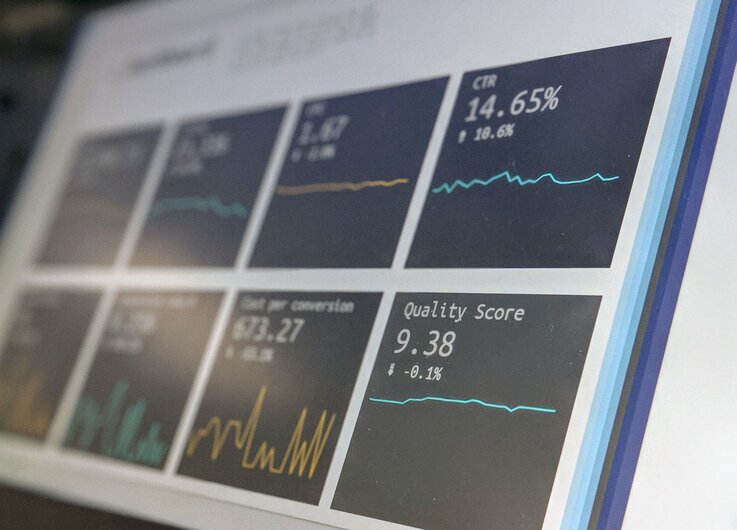A stockbroker is a person or company that buys and sells stocks and other investments to individuals, companies, and other financial market participants in return for a commission or fee. They act as a financial advisor and investment manager.
Their Roles
Investment advisor
They provide investment advice to their clients. Not just advice, but must be accurate and factual. They do this by providing market analyses and trends and making recommendations on the timing and securities to buy.
They manage investment portfolios
They help their clients to invest in a variety of securities. They make sure that their clients get the best for their investment and help them achieve their investment goals.
They research stocks
Stockbrokers also pay special attention to government policies and analyze them as they affect securities. In most cases, they conduct research on various securities and help their clients spot investment opportunities.
During a fiscal year, stockbrokers conduct a comprehensive analysis of the government’s programme and make recommendations for profitable trade.
They execute trades
They buy and sell securities on behalf of their clients and they ensure that their clients get the best price for their investments.
They keep up with regulations
Whenever countries make changes to their regulations regarding investment and securities, investors may not quickly access such updates. Even if they do, they may not fully grasp how these regulatory changes in regulations could impact their investments. This is where the stockbrokers come in.
They stay up-to-date with the latest regulations and compliance requirements and give a layman analysis of the regulations to help their clients make investment decisions.
They keep transaction records
Stockbrokers are trusted by their clients but so consolidate on the trust, they are transparent by keeping records of transactions they executed on behalf of their clients.
They Update Clients on New Investment
When debt-based securities such as government bonds, treasury notes, fixed deposits, treasury bills, and debentures are up for sale, stockbrokers take their time to send newsletters to their clients.
They also share details about such investment opportunities on their social media handles and website and how clients can take advantage of such securities.
They target new clients on investment
Stockbrokers earn money through commissions, and as a result, they actively promote their services through networking, radio programs, workshops, and seminars to attract new clients.
They go the extra mile to simplify technical investment and stock market terminology for both existing clients and newcomers.
Also, they often create FAQ sections on their websites to address common questions and provide solutions for prospective clients.
How Stockbrokers Make Money
stockbrokers often make money through commission, markup, or fee, however, the percentage they charge may differ from country to country. In Nigeria, for instance, they may charge as high as 1.35% in commissions on trades. depending on the size of the transactions.
Trading brokers make money from commissions and spreads. Some companies act as stockbrokers and trading brokers.
In the United States, brokers can charge between 1% – 2% based on the transaction value. And some of them use flat fees irrespective of the volume of trade.
Who regulates the activities of stockbrokers?
In most cases, stockbrokers are regulated by an agency of a country’s Ministry of Finance. For instance, the Financial Industry Regulatory Authority (FINRA) is responsible for overseeing the activities of more than 2,394 stockbrokers, and more than 624,000 stock dealers in the United States.
Regulators in other countries are:
- France: Autorité des Marchés Financiers (AMF)
- United Kingdom: Financial Conduct Authority (FCA)
- Nigeria: Securities and Exchange Commission (SEC)
- Singapore: Securities and Futures Act (SFA)
- Switzerland: Swiss Financial Market Authority (FINMA)
- Germany: Federal Financial Supervisory Authority (BaFin)
- Netherlands: Dutch Authority for the Financial Markets (AFM)
- Australia: Australian Securities and Investment Commission (ASIC)
- United Arab Emirates: Securities and Commodities Authority (SCA)
- Canada: Investment Industry Regulatory Organization of Canada (IIROC)
- Italy: Commissione Nazionale per le Societa e la Borsa (CONSOB). English: Italian National Commission for Companies and the Stock Exchange
For any individual or company to operate as a stockbroker or dealer in a country, they must be registered and obtain the necessary license from the regulatory commission or agency.
The process of registration may vary from country to country. In the U.S., they may also need to be licensed as a registered investment adviser.
Featured image
- By Stephen Dawson


